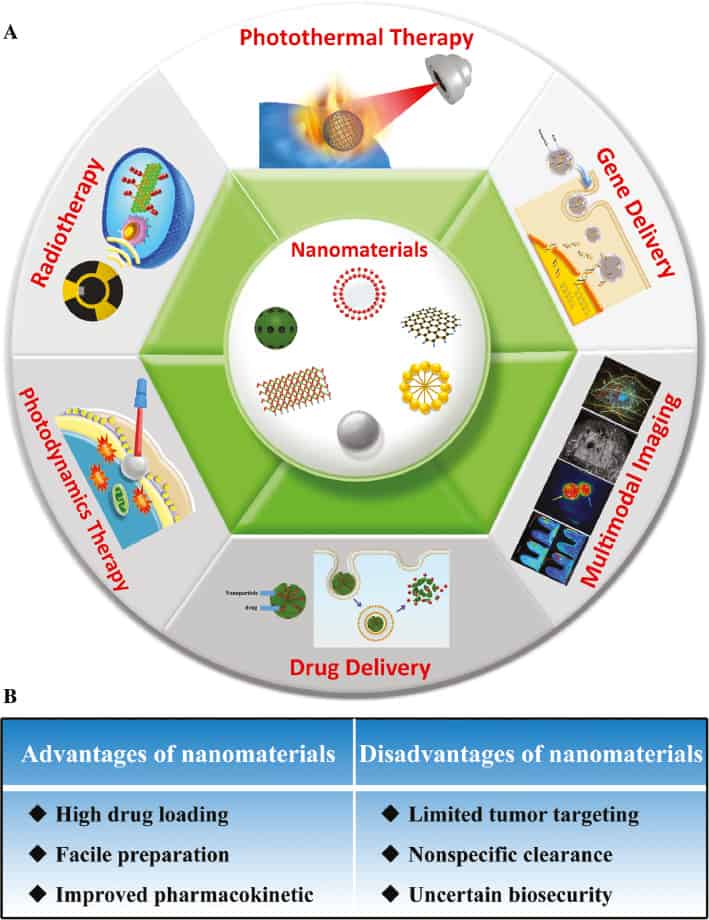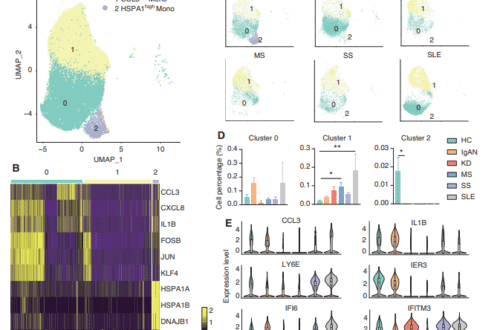
Nanobiohybrids: A Synergistic Integration of Bacteria and Nanomaterials in Cancer Therapy– BIO Integration
Announcing a new article publication for BIO Integration journal. In this mini review article the authors Yuhao Chen, Meng Du, Jinsui Yu, Lang Rao, Xiaoyuan Chen and Zhiyi Chen from The Third Affiliated Hospital of Guangzhou Medical University, Guangzhou, China and the National Institute of Biomedical Imaging and Bioengineering, Bethesda, MD, USA consider nanobiohybrids in cancer therapy.
Bacteria-based nanobiohybrids have the potential to provide a targeted and effective approach for cancer treatment.In this review, the authors summarize the development of nanomaterial-mediated cancer therapy. The mechanism and advantages of the bacteria in tumor therapy are described, focusing on different therapeutic strategies of nanobiohybrid systems which combine bacteria with nanomaterials in cancer therapy.
Cancer is a common cause of mortality in the world. For cancer treatment modalities such as chemotherapy, photothermal therapy and immunotherapy, the concentration of therapeutic agents in tumor tissue is the key factor which determines therapeutic efficiency. In view of this, developing targeted drug delivery systems are of great significance in selectively delivering drugs to tumor regions. Various types of nanomaterials have been widely used as drug carriers. However, the low tumor-targeting ability of nanomaterials limits their clinical application. It is difficult for nanomaterials to penetrate the tumor tissue through passive diffusion due to the elevated tumoral interstitial fluid pressure.
As a biological carrier, bacteria can specifically colonize and proliferate inside tumors and inhibit tumor growth, making it an ideal candidate as delivery vehicles. In addition, synthetic biology techniques have been applied to enable bacteria to controllably express various functional proteins and achieve targeted delivery of therapeutic agents. Nanobiohybrids constructed by the combination of bacteria and nanomaterials have an abundance of advantages, including tumor targeting ability, genetic modifiability, programmed product synthesis, and multimodal therapy. Nowadays, many different types of bacteria-based nanobiohybrids have been used in multiple targeted tumor therapies.
BIO Integration is fully open access journal which will allow for the rapid dissemination of multidisciplinary views driving the progress of modern medicine.
As part of its mandate to help bring interesting work and knowledge from around the world to a wider audience, BIOI will actively support authors through open access publishing and through waiving author fees in its first years. Also, publication support for authors whose first language is not English will be offered in areas such as manuscript development, English language editing and artwork assistance.




